Connecting students with environmental experts is an important component of GFL The project team identifies forest experts, prepares students for interviewing them, videotapes the interviews, and publishes them here for use by future student participants and in curriculum development. Below is the list of the experts who participated in GFL projects.
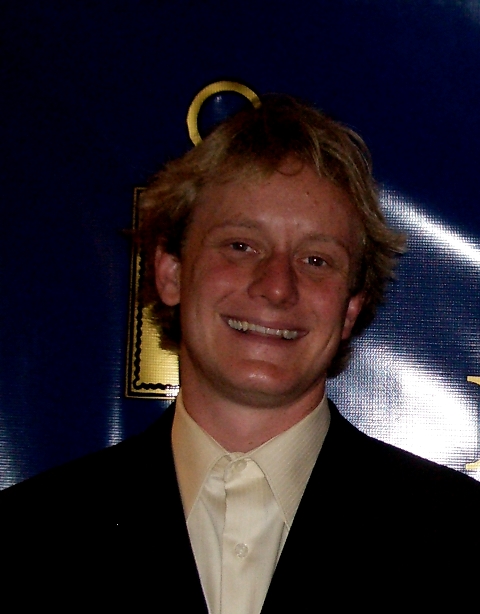
Dr. William R.L. Anderegg
Dr. Anderegg is an Assistant Professor in the Department of Biology at the University of Utah and an Associate Research Scholar at the Princeton Environmental Institute, Princeton University. His research centers around the intersection of ecosystems and climate change. He received his Ph.D. from the Department of Biology at Stanford University. To read more about his research go to his research site.
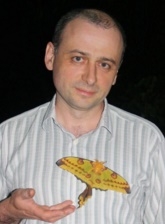
Dmitry Aksenov
Dr. Dmitry Aksenov is an expert in remote sensing and natural resource management. He is a Director General of “Transparent World”, a non-profit branch of the SCANEX corporation, which is engaged in various conservation, environmental monitoring and education projects utilizing GIS, satellite images and internet technologies. Under his leadership “Transparent World” has become a valuable knowledge resource for environmental NGOs, national parks staff and state environmental organizations, internationally and in Russia. “Transparent World” partners with NGO’s and governmental organizations in a number of international projects including the Global Forest Watch (GFW), which was launched earlier this year. GFW, a multi-agency project led by the World Resources Institute (WRI), is an online mapping application that provides near-real time, reliable, and actionable data about what is happening in forests worldwide.
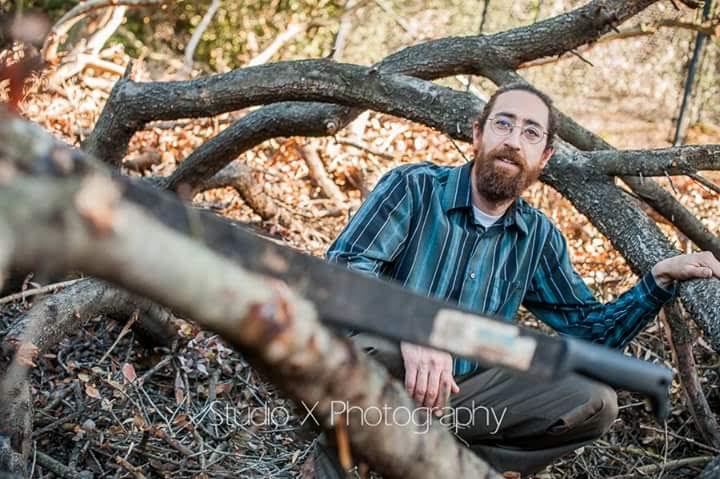
Moshe Krafchow
Moshe Krafchow was born in New York and moved to Israel when he was five years old. The most memorable part of his childhood was wandering in the mountains of northern Israel picking fruit in the forest, including apples, grapes, figs, mulberries, cactus, pomegranates, and more. Moshe moved to northern New York state when he was fifteen and remembers wondering why there was no food in the forest. After Moshe finished high school and spent some time in college, he joined the navy where he was trained as a submarine nuclear reactor operator. After eight years in the navy, Moshe returned to college and began thinking in a very serious way about the health of the forest, the food from the forest, and the available nutritional output. Moshe conducted some basic research in rehabilitating urban forests using simple silvicultural techniques. Moshe moved to San Diego in 2008 and has been testing the methods he developed on urban forest areas and has seeing positive results. Moshe currently works with local governments, the private sector, and academic institutions to implement these methods to help our local forest achieve a better health condition, which will make them less prone to wildfire and support more wildlife. Moshe’s hope is that his children and grandchildren will be able to experience running around in the local forest and eating from its trees. Website: http://treeculturesandiego.com

Jeremy Barrick
Jeremy Barrick is the Urban Forestry Program Manager for the City of San Diego Planning Department and Past President of the Society of Municipal Arborists. He began his career working for several rural and suburban municipalities in Minnesota, before joining NYC Parks as a Borough Forester. After a brief hiatus, as a Consulting Arborist, he returned to NYC Parks as the Arborist within the Capital Design and Construction division before becoming the Deputy Chief of Forestry, Horticulture and Natural Resources. He is an ISA Board Certified Master Arborist with a degree in Urban & Community Forestry from the University of Minnesota.
His work as the Urban Forestry Program Manager is focused on growing a resilient world class urban forest for all San Diegans. The goals of the Urban Forestry Program are to maximize the environmental benefits of trees, maximize the efficiencies in maintaining urban trees, and minimizing the risks of trees in an urban environment.
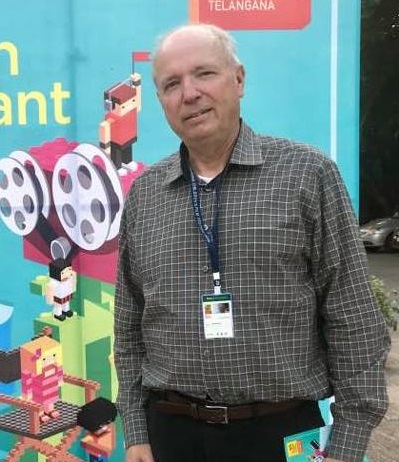
Dan Bennett
Dan Bennett is the founding director of The Children’s Film Festival Company, a non-profit international youth film festival series – the largest film festival and hands-on creative workshop network in the world – specializing in screening of narrative films, animation and documentaries, and educational workshops, for toddlers through teens and their families. Festivals include the Los Angeles International Children’s Film Festival at the Los Angeles County Museum of Art; the San Diego International Children’s Film Festival at Comic-Con International and other prestigious venues, the San Francisco Bay Area International Children’s Film Festival at the Children’s Discovery Museum of San Jose; and the New Orleans International Children’s Film Festival at the New Orleans Museum of Contemporary Art. Dan Bennett is a longtime reporter, essayist and arts-culture journalist whose work has appeared in Entertainment Weekly, the Los Angeles Times, MTV.com, and Movieline magazine. He was a staff writer and section editor for the North County Times in San Diego for 26 years. He has a B.A. in Journalism and Mass Communications from San Diego State University. Dan is the founder of StoryGrip, a consulting agency that helps non-profits and governments craft stories that boost awareness of their mission, using time-honored storytelling techniques. Dan shares his expertise around at film festivals around the world, including the Varazdin Animation Festival in Croatia, the Helsinki Children’s Film Festival in Finland, the Golden Elephant Film Festival in India, and Children’s Film Festival in Dubai.
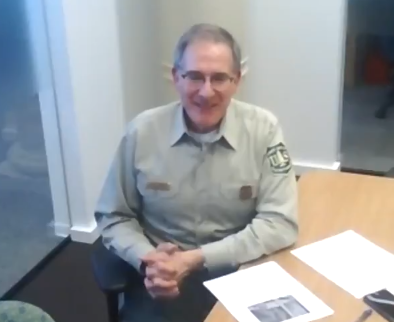
Rick Cooksey
Rick Cooksey is currently the Acting Director for Forest Health Protection in State and Private Forestry, US Forest Service, in Washington DC. He has worked for the Forest Service for 25 years and held posts as National State & Private Forestry (S&PF) Program manager, Legislative Affairs, Deputy Forest Supervisor for the Medicine Bow and Routt National Forest in Wyoming and Colorado, and recently as Director of State and Private Forestry for the Rocky Mountain Region in Denver, CO. Rick has a Masters of Science in Forestry from the University of New Hampshire.
